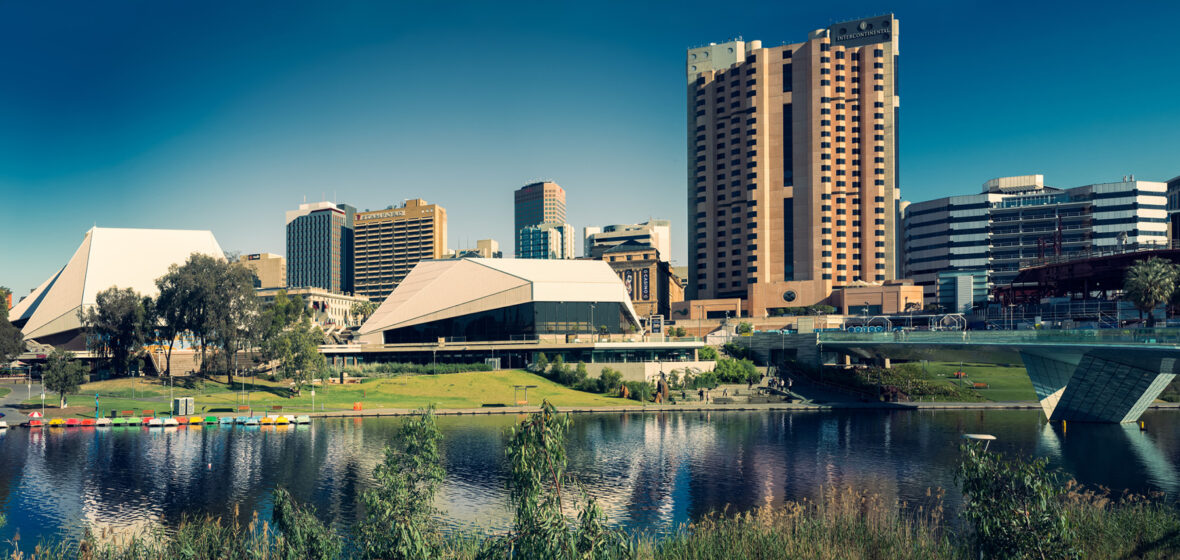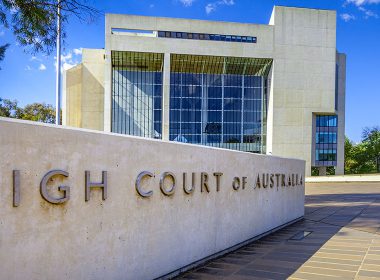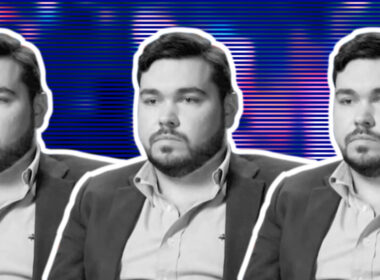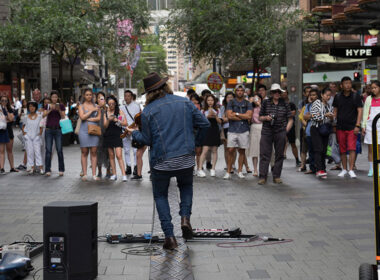The appearance of two authors at the upcoming Adelaide Festival has sparked a boycott and calls from the South Australian Opposition that the event will spread “hate speech and Russian propaganda”.
Law firm MinterEllison this week pulled its branding, including name and logo on program events and banners, after the festival’s organisasers refused to address the concerns about the attendance of Palestinian novelist Susan Abulhawa and Palestinian poet Mohammed El-Kurd.
Another Festival sponsor, the information technology company Capgemini, has spiked its future support for the event but will keep this year’s agreement in place, The Advertiser reported.
South Australian Premier Peter Malinauskas said there must be “a distinction between provoking thought and facilitating the spreading of a message that simply does not accord with basic human values” and that he would not attend the event.
Last week, Frank Fursenko, President of the Association of Ukrainians in South Australia, criticised the presence of Abulhawa over her criticism of Ukraine’s President Volodymyr Zelenskyy.
Fursenko claimed the author’s comments spread pro-Putin propaganda, including suggestions on social media that a “depraved Zionist” Zelenskyy is “more dangerous than Putin” and would “drag the whole world into the inferno of WWIII”.
“We are very concerned that they are giving a platform to people who are known apologists for the Russian invasion of Ukraine,” Fursenko told the ABC.
“Everything they say dovetails perfectly with Russian propaganda”.
The furore over Abulhawa’s comments and her presence at the Festival comes amid the one-year anniversary this week of Russia’s invasion of Ukraine.
In a statement, MinterEllison reiterated its support for the arts but indicated it would review the partnership with Adelaide Festival.
“We have recently been made aware of the participation by Ms Abulhawa and Mr El-Kurd in the Adelaide Writers’ Festival and, in particular, of certain public statements made by Ms Abulhawa and Mr El-Kurd,” it said in a statement on February 21.
“We do not agree with those views. We have strongly expressed our reservations to the festival.
“We sought the festival’s assurances that no racist or anti-Semitic commentary should be tolerated as part of Mr El-Kurd’s or Ms Abulhawa’s or any other festival session.”
Kath Mainland, Adelaide Festival chief executive, explained that the organisation respects MinterEllison’s decision but expressed disappointment.
“Adelaide Festival places a focus on providing an opportunity for civil dialogue and the contest of ideas”, Mainland said. “We fervently believe in the importance of enabling and facilitating the freedom to express ideas that might be challenging or confronting, while always remaining respectful”.
El-Kurd’s presence at the festival also received critiques from Australian-Israeli organisations, who have accused the East Jerusalemite poet of antisemitism over his strong criticism of Israel’s policies in Palestine.
In 2021, the Anti-Defamation League published a report that points out some examples of antisemitism in both El-Kurd’s social media and published work, from claims that he perpetuates the anti-semite “blood libel” trope and constant demonisation of Zionism and Zionists. Though, as some noted, El-Kurd’s comments are only directed at the state of Israel for the persecution of Palestinians and the violent expansion of settlements in the West Bank, not at the Jewish religion and its followers. In 2022, Amnesty International released a report that considered Israel an apartheid state for enforced segregation and violent oppression of the Palestinian people.
Calls to remove the two writers from their panels are growing across social media, as well as support for the festival to stand by their decision.
South Australia Premier, Peter Malinauskas, has condemned the festival’s organisation, claiming Abulhawa and El-Kurd’s values “don’t accord with South Australia’s values”, and he would boycott the event.
“Writers Week is a good event that does a lot for the state and provokes thought. But there is a distinction between provoking thought and facilitating the spreading of a message that simply does not accord with basic human values. That is worthy of contemplation for Writers Week”, Malinauskas said.
South Australia’s Opposition Leader, John Adler, also joined calls to ban El-Kurd and Abulhawa and asked the Premier to act on it. “There is no way [Malinauskas] can stand mute while these authors use the publicly fund forum of Writer’s Week to spread abhorrent views”, Gardner said.
But the event organisation is standing by their decision not to remove the two authors from the Writers Week program. Louise Adler, Writers Week director and the daughter of Holocaust survivors, explained that criticism of Israel was not the same as antisemitism.
“We cannot accede to the idea that we should disinvite people or cancel writers because someone or some group might object to their views,” Adler told Adelaide Now.
“I don’t want us to be party to cancel culture”.
The Australia Palestine Advocacy Network (APAN) also condemns the attempts to silence, censor and deplatform the authors while calling for the SA government’s support.
According to APAN, El-Kurd’s tweets were posted at a time of grief after last year’s offensive in Gaza that saw 253 Palestinians killed and the images of worshippers being tear-gassed, beaten and shot at the Al-Aqsa mosque in East Jerusalem.
“Mohammed and Susan are writers who have shared their pain with the world, and we commend the Adelaide Writers’ Week for giving them a place their voice can be heard”, the organisation wrote in a message to SA’s elected officials.
The Writer’s Week component of the Adelaide Festival will be held from March 4 to March 9.
Abulhawa will participate in-person in three sessions, while El-Kurd will dial in from New York for two discusssions, including one hosted by former journalist turned human rights advocate Sophie McNeill on writers taking positions in moments of crisis.




